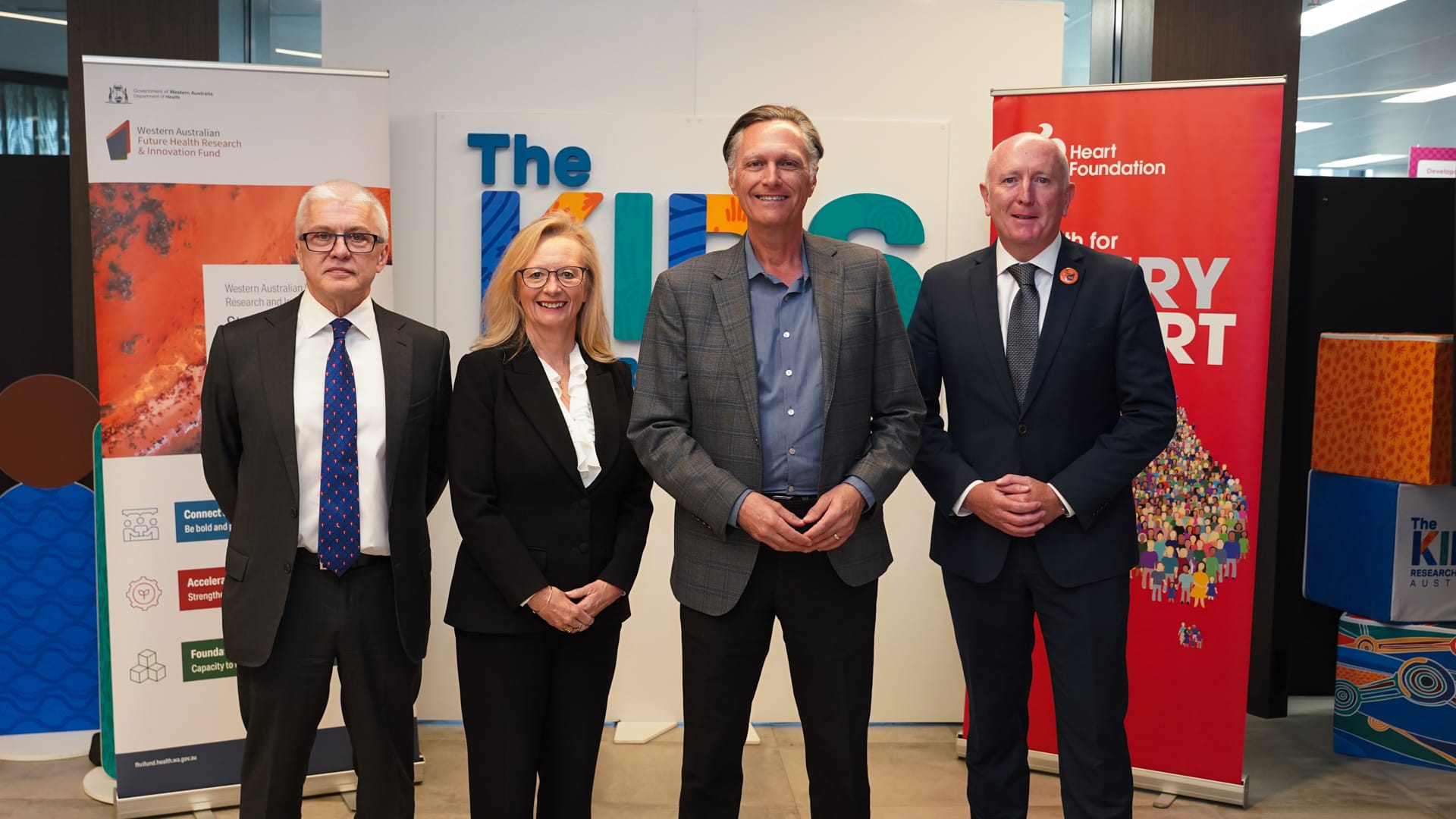Search







Eva Age 19. Youth advocate, Youth Advisory Group community member. I believe that research is an integral part of society and contributes

Madi Age 19. Volunteer Coordinator, Discovery Centre volunteer. In a world that is constantly evolving and adapting, research is crucial

Chloe Mum of two, Tom and Alexis. Community fundraiser. When our eldest child Tom was first diagnosed, I really didn’t know much about

News & Events
The Kids Research Institute Australia welcomes Perth World Congress on RHDThe Kids Research Institute Australia today welcomed an announcement that the second World Congress on RHD will be hosted in Perth in 2026 by the National Heart Foundation.
